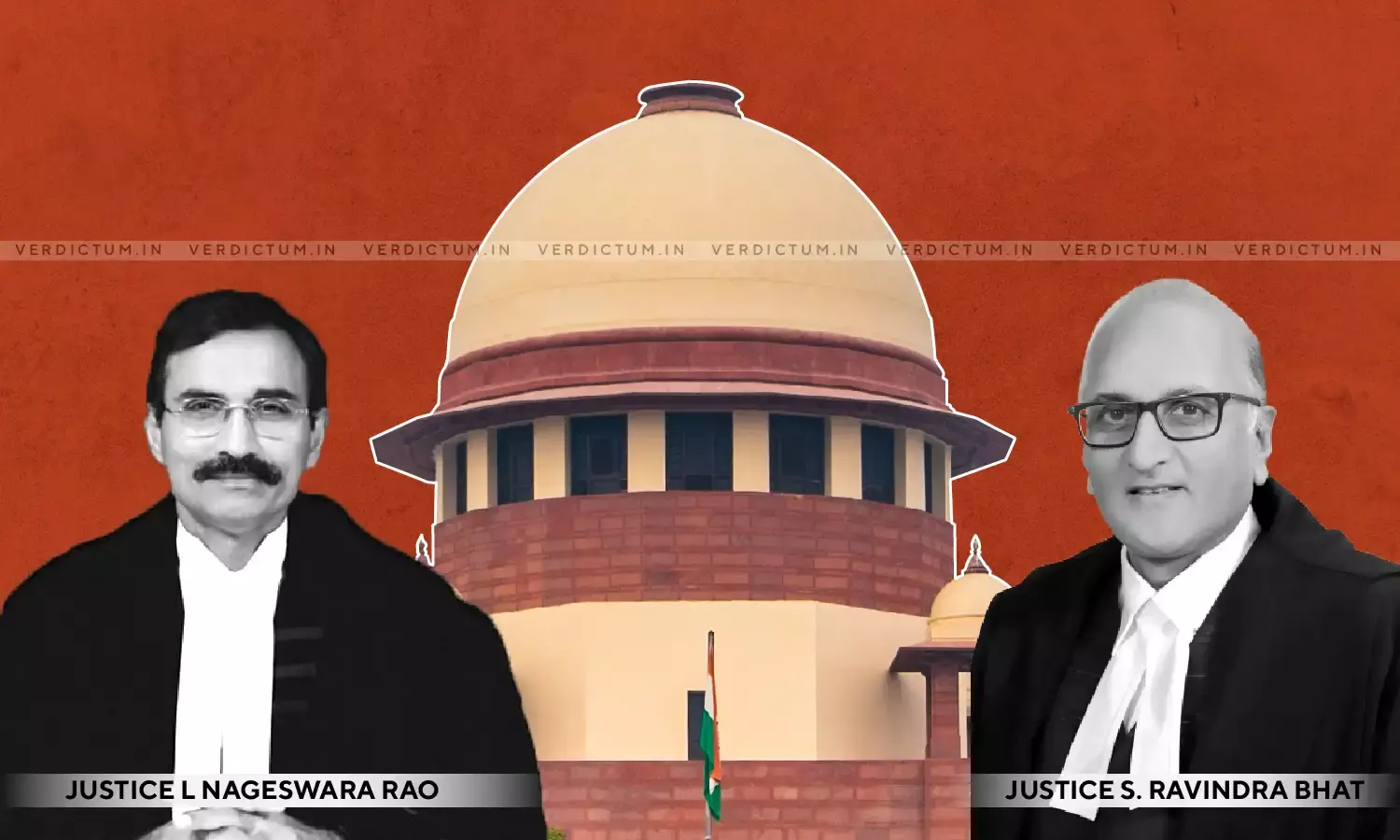Scope of Section 34 Of Arbitration Act: Supreme Court Upholds Arbitral Award In Delhi Airport Metro Express Pvt. Ltd (DAMEPL) Vs. DMRC

The Supreme Court on Thursday upheld an arbitral award passed in favor of Delhi Airport Metro Express Pvt. Ltd (DAMEPL) against the Delhi Metro Rail Corporation Ltd (DMRC).
The two-judge Bench comprising of Justice L. Nageswara Rao and Justice S. Ravindra Bhat were hearing an appeal against the Judgment passed by the Division Bench of the Delhi High Court which had set aside the award passed by the Tribunal in favor of DAMEPL.
A concession agreement was entered into between the Appellant and the Respondent for implementing the Airport Metro Express Line project in 2008. However, the agreement was terminated by DAMEPL in 2012 citing that there were various defects in the metro line which were not cured by DMRC within the stipulated time period.
Against such termination, DMRC resorted to Arbitration. The issue which came up for consideration before the Tribunal was whether the termination notice issued by DAMEPL was valid.
The argument put forward by the Respondent before the Tribunal was that the termination agreement issued by DAMEPL was invalid as DMRC had already resolved the issues related to the metro line under the concession agreement.
The Arbitral Tribunal after evaluating the evidence, awarded Rs. 2782.33 Crores in favor of DAMEPL along with future interest.
DMRC then preferred an appeal before the Delhi High Court which upheld the decision of the Tribunal. However, when the case went before the Division Bench of the Delhi High Court, the decision of the Single Bench was reversed in favor of DMRC.
The apex court was in complete agreement with the Tribunal's findings and held that the tribunal was right in holding that the Respondent was unsuccessful in treating the defects within a period of 90 days from the date of termination of notice.
"The view taken by the Arbitral Tribunal that the defects have to be cured within 90 days from the date of the cure notice, failing which DAMEPL is entitled to terminate the Concession Agreement is a possible interpretation of Article 29.5.1. We refuse to interfere with the findings of the Arbitral Tribunal on this point, even assuming a different view can be taken on a reading of the said Article," the Bench observed.
The Court found that the Division Bench of the Delhi High Court had erred in concluding that the award of the Tribunal suffers from 'patent illegality' and 'shakes the conscience of the Court.' The Court held, "Patent illegality should be illegality which goes to the root of the matter. In other words, every error of law committed by the Arbitral Tribunal would not fall within the expression 'patent illegality'. Likewise, erroneous application of law cannot be categorised as patent illegality. In addition, contravention of law not linked to public policy or public interest is beyond the scope of the expression 'patent illegality'. What is prohibited is for courts to re-appreciate evidence to conclude that the award suffers from patent illegality appearing on the face of the award, as courts do not sit in appeal against the arbitral award."
Additionally, the Court noted that the construction of the contract is within the jurisdiction of the Tribunal and the Court cannot interfere with such construction and substitute its own view.

